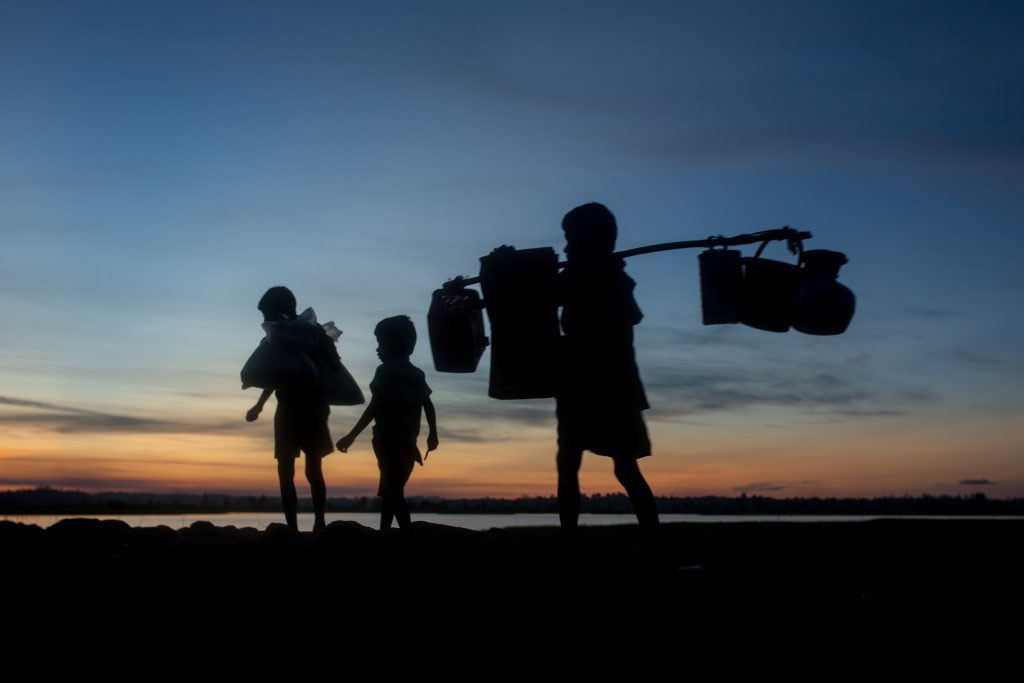NEW DELHI, Feb 12: The Supreme Court stated on Wednesday that no child should face discrimination in education while scheduling a hearing for next week concerning a plea that requests the Centre and the Delhi governments to allow Rohingya refugees in the city to access public schools and hospitals.
During the proceedings, a bench comprising Justices Surya Kant and N. Kotiswar Singh inquired about the whereabouts of the Rohingya families, their living arrangements, and their details, emphasizing the point regarding non-discrimination in education.
Senior advocate Colin Gonsalves, representing the NGO Rohingya Human Rights Initiative, mentioned he had submitted an affidavit with relevant details and noted that the Rohingya refugees possess UNHCR (United Nations High Commissioner for Refugees) cards.
Justice Surya Kant remarked that having these cards would facilitate the NGO in providing the necessary particulars about these families.
Gonsalves then requested additional time to present further details to the court.
The Supreme Court scheduled the case for additional hearings in ten days.
On January 31, the court had instructed the NGO to inform about the locations where the Rohingya refugees have settled in the city and the facilities available to them. Gonsalves was also directed to submit an affidavit detailing their residential locations in Delhi.
Gonsalves indicated that the NGO seeks access to public schools and hospitals for Rohingya refugees, who have been denied such access due to the absence of Aadhaar cards.
“As refugees holding UNHCR cards, they are ineligible for Aadhaar cards. However, their lack of Aadhaar has hindered their access to public schools and hospitals,” he asserted.
He pointed out that Rohingya refugees were located in areas such as Shaheen Bagh, Kalindi Kunj, and Khajuri Khas in Delhi.
“In Shaheen Bagh and Kalindi Kunj, they live in slums, while in Khajuri Khas, they reside in rented homes,” he stated.
The Supreme Court indicated that its inquiries aimed to ascertain if the refugees lived in camps, as the type of relief provided would differ based on their living conditions.
The Public Interest Litigation (PIL) requests that authorities ensure admission for all Rohingya children without charge, regardless of Aadhaar cards, and permit their participation in all examinations, including those for Classes 10 and 12, and graduation, without the government demanding ID proof.
The PIL further seeks the extension of all government benefits, including free healthcare services in public hospitals, subsidized food grains under the Antyodya Anna Yojana scheme, and benefits under the Food Security Act for Rohingya families, equivalent to what is available to other citizens, irrespective of citizenship. (Agencies)


Leave a Reply